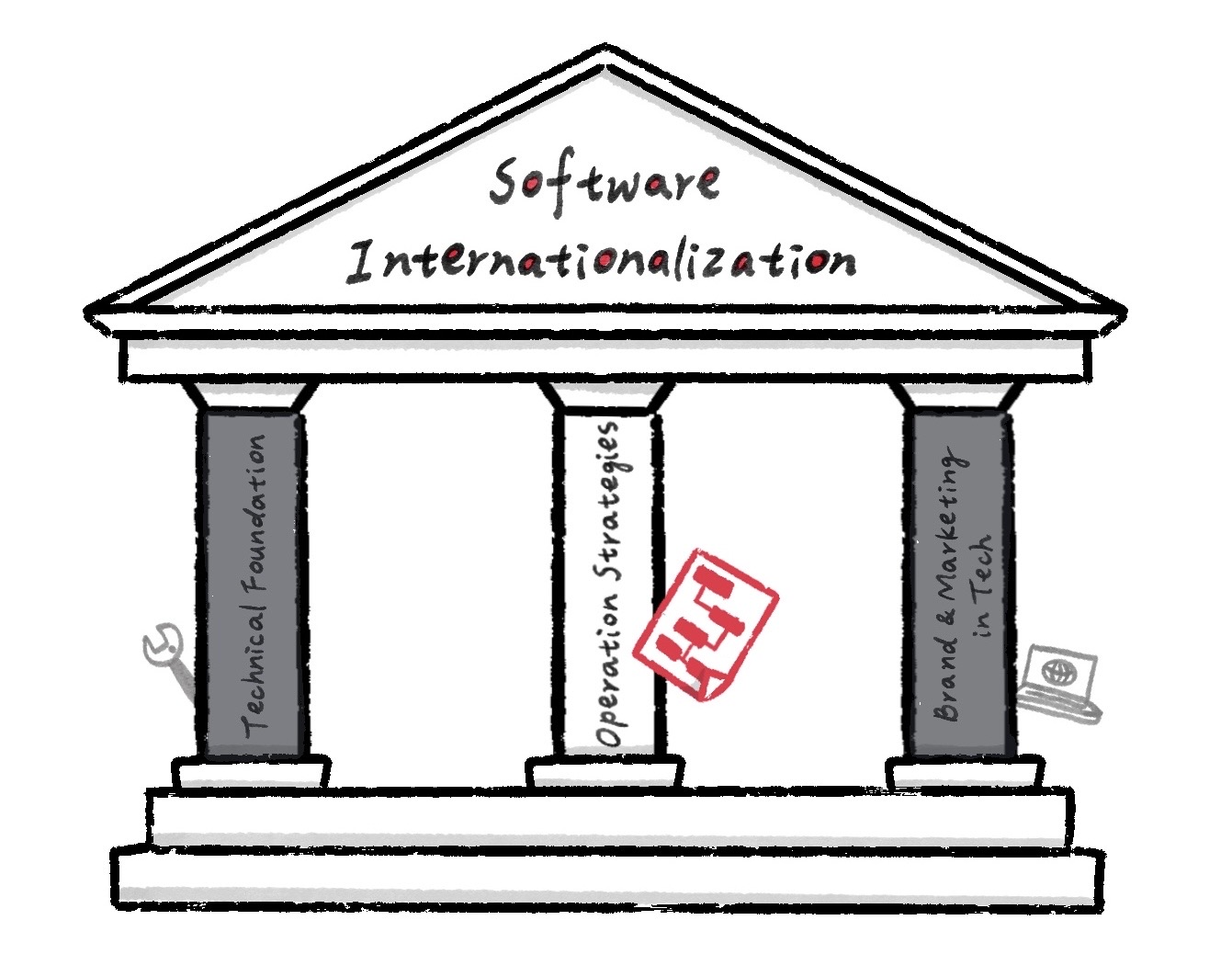How to Translate A Legal Document: A Quick Guide
2025.10.01In today's globalized world, businesses are increasingly working with partners and clients from other countries. As a result, there is a growing need for legal translation services. If you're a business owner who needs to have a legal document translated, it's vital to understand the local process of translating documents and how to find the right translation service provider for the job. In this post, we'll explain the steps involved in translating a legal document, as well as provide tips on how to choose the right translation partner and avoid any potential pitfalls. Let's get started! Legal translation is the translation of documents or text that contains legal terminology and concepts. This can include contracts, laws, court judgments, patents, and more. It's important to note that legal translation differs from other types of translation, as it requires a deep understanding of the source and target documents as well as local requirements and legal domain knowledge. In other words, beyond translation, there are many other elements that need to be taken into account to ensure every aspect of a legal translation project is covered. Here are some of the most common legal documents that need to be translated: • Contracts: an agreement between two or more parties • Corporation bylaws: the rules and regulations governing a corporation • Memorandum of understanding: a document that outlines the agreed-upon terms of a business relationship • Letter of intent: a letter expressing a company's intention to enter into a contract with another party • Terms of use: the terms and conditions of a website, product, or service • Witness statements: a person's testimony in a criminal or civil case • Pleadings: a formal written statement by a party to a legal proceeding These are just some of the most common types of legal documents that need translation, but they're very important documents nonetheless. After all, a translation error can have serious implications, especially if it's a contract or other legally binding document. This is why it's so crucial to choose a translation service provider who is experienced in legal translation, able to handle local legal requirements, and familiar with the relevant types of legal systems. For instance, if the translation service provider doesn't understand legal jargon or avoids taboo words/subjects, they may not be able to accurately translate the document. This could lead to serious consequences, such as a contract being declared null and void. In a world that is becoming increasingly interconnected, the need for accurate legal translation services is more important than ever. After all, the translation of legal documents can have serious implications, both for individuals and for businesses. Inaccurate translations can lead to misunderstanding and miscommunication, which can, in turn, lead to contractual disputes or even legal action. What's more, inaccuracies or inappropriateness in legal translation can also jeopardize the validity of contracts and other legal agreements. In some cases, they can even result in financial losses that can be difficult to recover from. For all of these reasons, it is essential to work with a translation service provider that has proven experience with legal documents and terminology. With their help, you can be confident that your legal documents will be accurately translated, ensuring that everyone involved understands the full implications of what is being said. When looking for a translation service provider for legal documents, it's critical to choose someone who has the necessary skills and experience to do the job accurately. Here are some of the key qualities that a reliable translation service provider should possess: Take a notarized translation for instance: It is a measure of ensuring all parties involved in the translation followed the appropriate procedures. Demands for notarized translation range from birth certificates, marriage certificates, court orders, and high school transcripts, to diplomas. Companies and government authorities can all have different regulations. Therefore, working with an experienced service provider is crucial to get your translation properly notarized. The translation of legal documents can be a complex and sensitive task. The following steps can help to ensure a smooth and accurate translation of legal documents: Now that you know how vital legal translation is and how to do it, you should choose a good translation service provider like Linguitronics. Linguitronics has a team of experienced translation professionals who are experts in the field of legal translation. We can provide you with high-quality, accurate translations of your legal documents, ensuring that all the nuances and complexities of the original text are conveyed accurately in the target language. Aside from various types of contracts, we can also help you with all types of legal documents, including HR regulations and policies local laws and regulations, and litigation documents. Our team of professional translators is dedicated to providing accurate and reliable translations that will meet your specific needs. Contact Linguitronics today to find out more about our legal translation services!

What is Legal Document Translation?
The Importance of Legal Translation
Skills that A Reliable Translation Service Provider Needs to Possess

Steps to Follow When Translating Legal Documents

AI Translation vs Human Translation Explained: How Human-in-the-Loop and Post-Editing Improve Quality

Why Translation Management? Going Beyond Language Conversion and Building a Holistic Approach—Risk Analysis

How to Prepare Software for I18n – Pillar II: Automation & Tools Strategies
